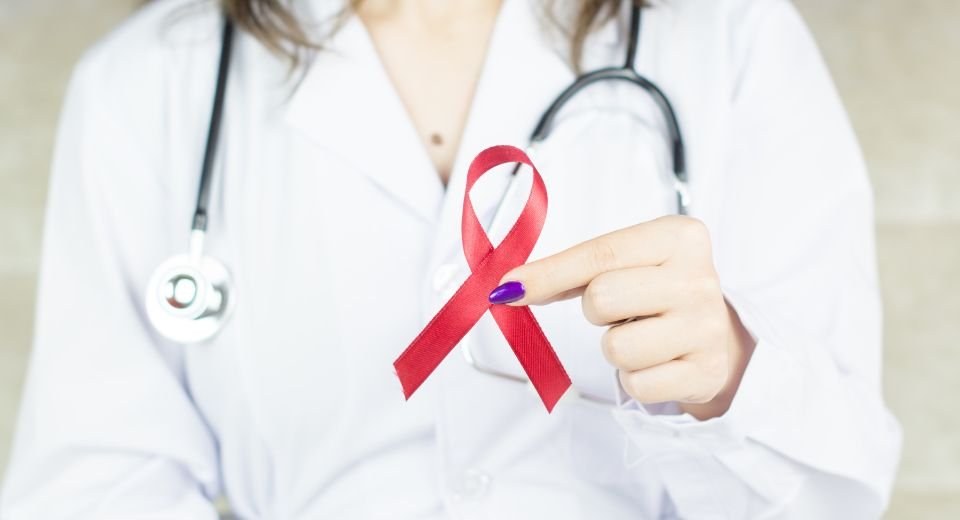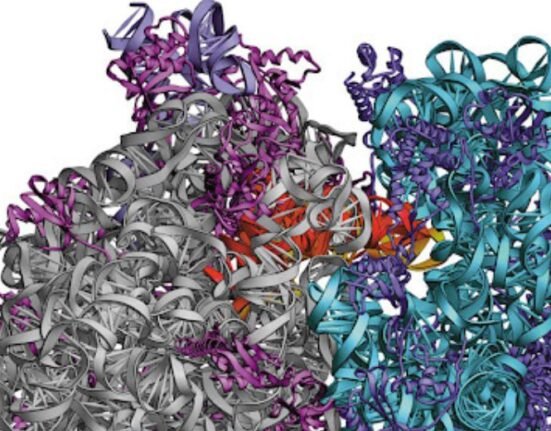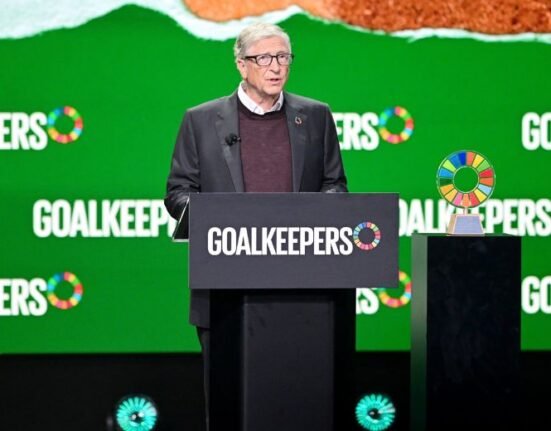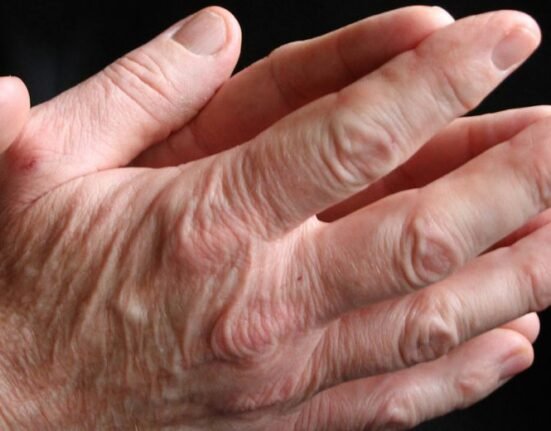HQ Team
July 24, 2023: British pharmaceutical firm, GSK Plc., has got marketing authorization from the European Medicines Authority for its injectable, and tablets, cabotegravir, to prevent HIV.
The EMA approval was granted to its subsidiary ViiV Healthcare, majority-owned by GSK, along with Pfizer and Shionogi, by the EMA’s Committee for Medicinal Products for Human Use.
Cabotegravir is recommended in combination with safer sex practices for pre-exposure prophylaxis (PrEP) to reduce the risk of sexually acquired HIV-1 infection in high-risk adults and adolescents weighing at least 35 kilograms.
About 100,000 new diagnoses occur each year in Europe and if approved, cabotegravir long-acting will be the only prevention option for people at risk of acquiring HIV when administered as few as six times per year, GSK stated.
“Long-acting options have the potential to play an important role in reducing challenges such as inconsistent adherence to taking daily pills, and stigma associated with oral PrEP use that can be faced by people who could benefit from PrEP,” said Kimberly Smith, Head of Research & Development at ViiV Healthcare.
Global study
The EMA nod came on the back of 69% lower HIV-acquisition from two global trials that evaluated the safety and efficacy of cabotegravir in 4,566 HIV-negative men who have sex with men, transgender women, and cisgender women who were at increased risk of acquiring HIV.
Cabotegravir oral tablets could be administered for about one month before initiating the first injection to assess the tolerability of the medicine. The injection is to be administered six times a year.
Since the beginning of the epidemic, 85.6 million people have been infected with the HIV virus, and about 40.4 million people have died of HIV, according to the WHO.
Globally, 39.0 million people were living with HIV at the end of 2022. An estimated 0.7% of adults aged between 15 and 49 years worldwide are living with HIV, although the burden of the epidemic continues to vary considerably between countries and regions.
The WHO African Region remains most severely affected, with nearly 1 in every 25 adults (3.2%) living with HIV and accounting for more than two-thirds of the people living with HIV worldwide.








